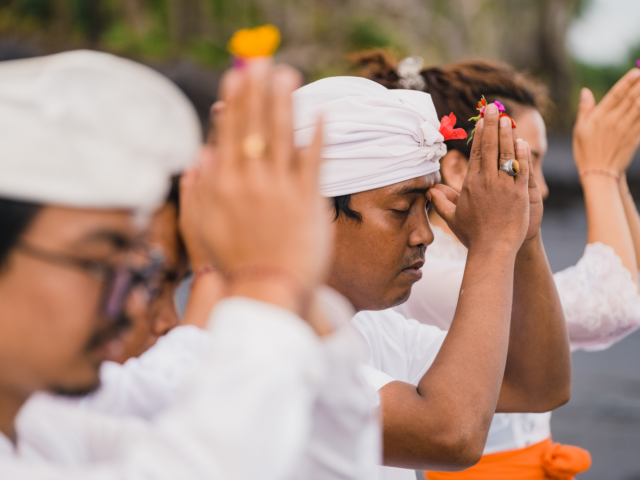In order to understand more about how people in the UK feel about the COVID-19 vaccine, the government’s Scientific Advisory Group for Emergencies (SAGE) asked Understanding Society to analyse information on the take-up of the COVID vaccines, with a particular emphasis on how different ethnic groups view the vaccination programme. The coronavirus pandemic has particularly affected people from minority ethnic groups, who have experienced higher rates of the disease and higher levels of mortality, making vaccination of these groups particularly important.
Using data from the COVID-19 survey
In the November 2020 COVID-19 questionnaire participants were asked whether they planned to have a COVID vaccine. Overall, there was a high number of people who were planning to be vaccinated, with 82% of participants stating that they were likely or very likely to have the vaccine. The group with the highest intention to have the vaccine were those aged 75 and older, where 96% of people planned to be vaccinated.
When the researchers looked at vaccine uptake by ethnic group they found wide variations in who was thinking of having the vaccine:
- 72% of Black or Black British people said that they were unlikely or very unlikely to be vaccinated against COVID.
- Pakistani and Bangladeshi groups were the next most hesitant minority ethnic group, with 42% unlikely or very unlikely to be vaccinated.
- In contrast, people from Indian groups were less hesitant, with 21% not willing to be vaccinated.
Why are some people more hesitant to take the COVID vaccine?
For participants overall, the main reason for vaccine hesitancy was concern over the future unknown effects of a vaccine, with 43% of people of unwilling to take a vaccine stating this as their main worry. When the researchers looked at the main vaccine concerns given by different ethnic groups, Black and Black British people were particularly concerned about a lack of trust in vaccines in general, with 29% of the vaccine hesitant stating this as a reason not to take the COVID vaccine. Pakistani and Bangladeshi participants were more concerned about possible side effects and the future unknown effects of the vaccine. In general, women were more likely than men to say that their main reason for vaccine hesitancy was concern about side effects and to say that they do not trust vaccines.
You can read the SAGE paper here.
Covid 19



